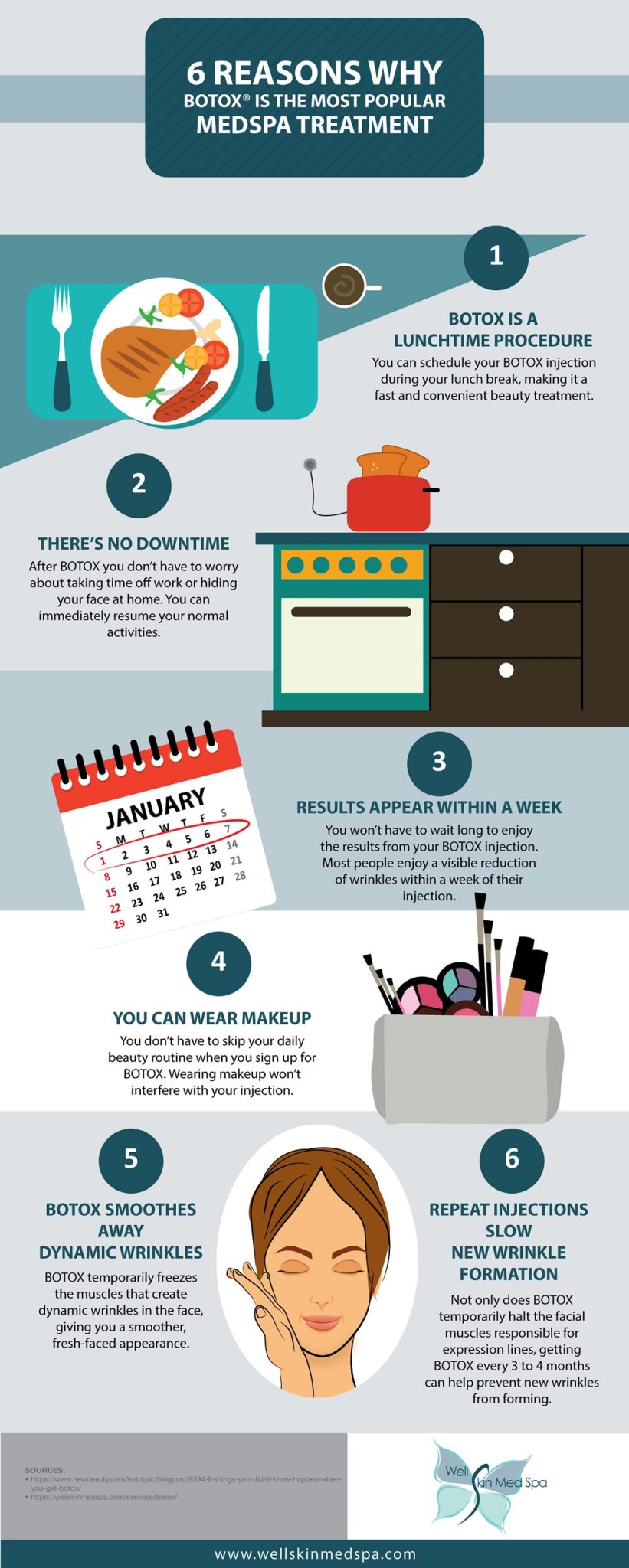Considering SMILE Surgery? Reveal Significant Considerations And Insights To Sustain You In Making A Smart Selection About Your Vision In Advance
Considering SMILE Surgery? Reveal Significant Considerations And Insights To Sustain You In Making A Smart Selection About Your Vision In Advance
Blog Article
Posted By-Hollis Bilde
If you're contemplating SMILE eye surgery, consider this: are you prepared to embrace potential visual flexibility, or does the idea of any type of threats make you be reluctant? Your decision will rest on a careful balance of considering the benefits against the uncertainties. It's critical to delve much deeper right into the subtleties of SMILE surgery to make an enlightened choice that straightens with your aesthetic objectives.
Comprehending SMILE Eye Surgical Procedure
When thinking about SMILE Eye Surgery, it is necessary to recognize the procedure and its advantages. SMILE, which represents Small Cut Lenticule Extraction, is a minimally invasive laser eye surgical treatment that corrects common vision issues like myopia (nearsightedness).
During the procedure, your eye doctor will make use of a femtosecond laser to produce a small laceration in your cornea. Through https://health.usnews.com/health-care/patient-advice/articles/2017-09-21/what-to-know-about-lasik-surgery , a little disc of tissue called a lenticule is gotten rid of, reshaping the cornea and fixing your vision.
https://postheaven.net/riva4leo/post-surgery-care-vital-tips-for-a-smooth-lasik-recuperation of the vital advantages of SMILE Eye Surgery is its fast healing time. Lots of people experience boosted vision within a day or 2 after the procedure, with minimal pain.
In addition, SMILE is understood for its high success price in offering lasting vision improvement. Unlike LASIK, SMILE does not need the development of a flap in the cornea, minimizing the threat of problems and allowing for an extra stable corneal structure post-surgery.
Recognizing the procedure and its benefits is critical when taking into consideration SMILE Eye Surgery for vision improvement.
Benefits and drawbacks of SMILE
Thinking About SMILE Eye Surgical treatment for vision adjustment features different benefits and potential drawbacks.
One of the primary pros of SMILE is its minimally intrusive nature, as it involves a small incision and normally results in quick recovery times. The procedure is likewise known for causing minimal pain and dry eye symptoms post-surgery compared to various other vision improvement approaches. In addition, SMILE has been shown to supply superb aesthetic results, with many patients achieving 20/20 vision or much better.
On the other hand, a prospective con of SMILE is that it may not appropriate for people with serious refractive errors, as the treatment range is somewhat limited contrasted to LASIK. One more factor to consider is that the understanding contour for surgeons implementing SMILE can affect the availability of skilled providers in specific areas.
It is very important to consider these advantages and disadvantages very carefully when deciding if SMILE is the ideal option for your vision correction requirements.
Establishing Qualification for SMILE
To figure out if you're eligible for SMILE eye surgical treatment, your eye doctor will conduct a comprehensive assessment of your eye health and vision demands. During this analysis, variables such as the stability of your vision prescription, the thickness of your cornea, and the overall health of your eyes will be analyzed.
Generally, prospects for SMILE more than 22 years of ages, have a steady vision prescription for at least a year, and have healthy and balanced corneas without conditions like keratoconus.
Your eye doctor will certainly likewise consider your overall eye health and wellness, any kind of existing eye conditions, and your way of life needs to determine if SMILE is the right selection for you. It's vital to interact any type of details aesthetic needs or issues you might have throughout this analysis to make certain that the treatment aligns with your assumptions.
If you aren't qualified for SMILE, your eye doctor might suggest alternate vision adjustment alternatives that better fit your specific needs and eye wellness status.
Verdict
Ultimately, determining whether SMILE eye surgery is right for you requires cautious consideration of your private eye health and aesthetic demands. Seek advice from your ophthalmologist to identify your qualification for the treatment and weigh the prospective benefits and downsides. Bear in mind to communicate any type of problems or inquiries you may have during the analysis process to make an educated choice regarding your vision modification choices.
